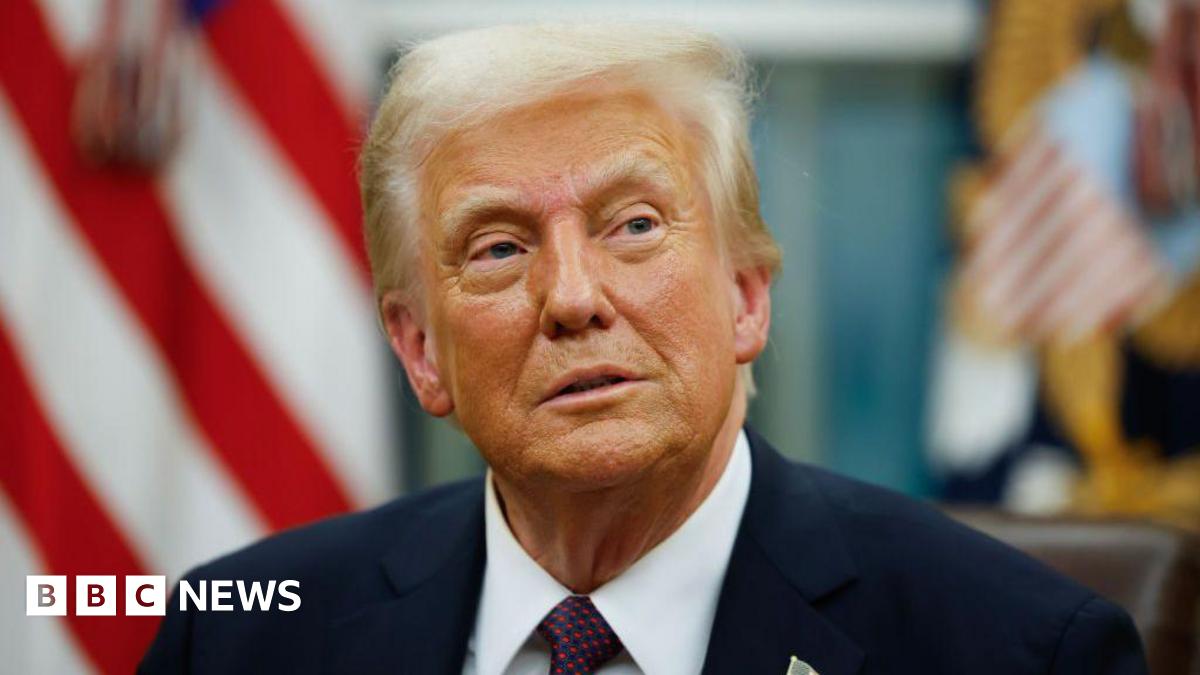Unlock the Editor’s Digest for free
Roula Khalaf, Editor of the FT, selects her favourite stories in this weekly newsletter.
Sir Keir Starmer will next week launch a major six-month review of all government spending, with ministers told to make their case for sparse public funds in a line-by-line haggle with the Treasury.
The UK prime minister has warned departments they will have to fight for money from within a tight Whitehall spending envelope set by chancellor Rachel Reeves in October’s Budget, in a so-called “zero-based” review.
“It’s going to be bruising but it has to be,” said one government official. Treasury chief secretary Darren Jones will set down the terms of the spending review, ending next June, in a letter to ministers on Tuesday.
Starmer’s allies say money will be allocated according to priorities set out by the prime minister in his “plan for change” on Thursday, which focused on living standards, homes and infrastructure, hospitals, early years education, green energy and crime.
Starmer will also face pressure to increase military spending, with a defence review reporting early next year on when and how Britain should increase spending from 2.3 per cent of national income to 2.5 per cent.
The prime minister on Friday reinforced his message to spending ministers that they could no longer expect extra tax or borrowing to pay for higher public spending.
Asked by BBC Breakfast whether taxes would rise again in this parliament, Starmer said: “I don’t want to suggest we’re going to keep coming back for more because that isn’t the plan.
“What I can’t do is say to you there are no circumstances unforeseen in the future that wouldn’t lead to any change at all.”
Reeves’ Budget set departmental expenditure limits for 2025-26 in a £40bn tax-raising package that ploughed billions of pounds into public services in the current year and next.
But the chancellor deferred difficult longer-term decisions on public spending, with overall expenditure growth set to slow after 2025-26 to a real-terms rate of 1.3 per cent a year.
Reeves, writing in the Financial Times, said on Friday she would bring in private sector experts to advise on how to get the best value for money from the spending review exercise.
“So that we maximise the value of every pound, the spending review will be zero-based, meaning every single line will be assessed on whether it represents value for money and is a priority for this government,” she said.
“No vanity projects. No distractions. No gimmicks. But practical targets based on whether the public feel in their daily lives that we have delivered the change we promised,” Reeves added.
Meanwhile, Starmer has tried to hose down fury in the civil service over his claim on Thursday that “too many people in Whitehall are comfortable in the tepid bath of managed decline”.
Dave Penman, head of the FDA union that represents 20,000 of the most senior civil servants, said Starmer’s words were “frankly insulting to those trying to deliver and lead our public services”.
Penman, in a letter to Starmer, decried the prime minister’s “Trumpian language”, adding that civil servants needed to be “motivated and inspired, not ridiculed and maligned”.
Whitehall insiders said the prime minister was warned his comments had caused outrage. Later, Starmer attempted to calm the dispute, saying that civil servants “bring a strong sense of public service to everything that they do”.
But he added: “At the same time, I also know that we’ve got to press through reform. We’ve got to deliver the government in a better way. And actually talking to civil servants, they know that they want that.”
Credit: Source link











